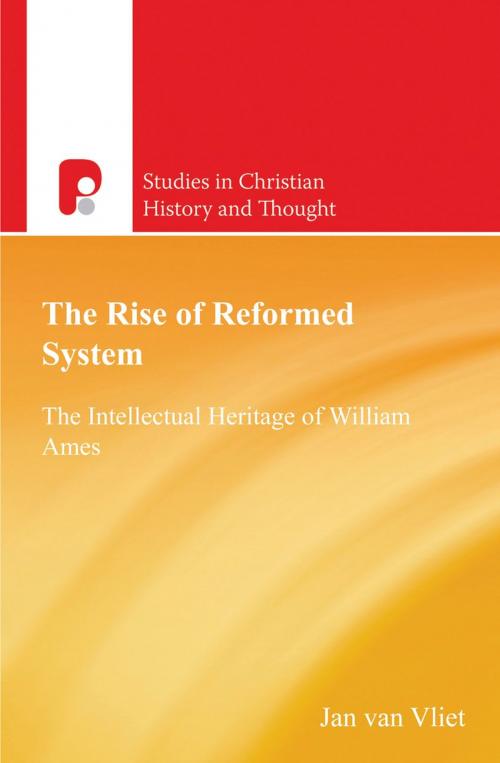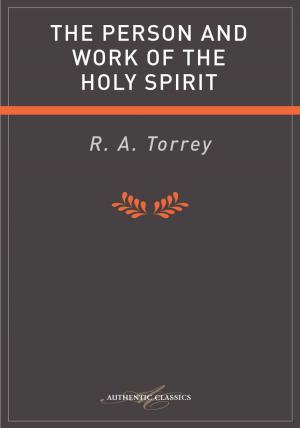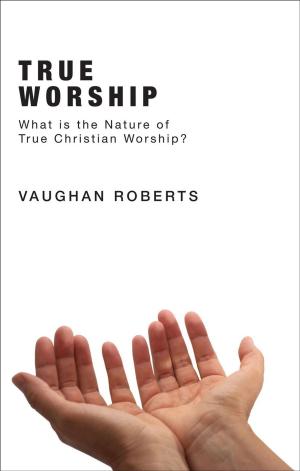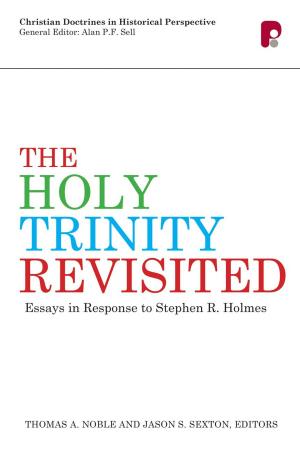The Rise of Reformed System
The Intellectual Heritage of William Ames
Nonfiction, Religion & Spirituality, Christianity, Church, Church History, Theology| Author: | Jan Van Vliet | ISBN: | 9781780783178 |
| Publisher: | Authentic Publishers | Publication: | July 8, 2014 |
| Imprint: | Paternoster | Language: | English |
| Author: | Jan Van Vliet |
| ISBN: | 9781780783178 |
| Publisher: | Authentic Publishers |
| Publication: | July 8, 2014 |
| Imprint: | Paternoster |
| Language: | English |
This work establishes the significance of the thought of Puritan William Ames (1576-1633) in deepening and systematizing established Reformation teaching on Christian doctrine and life in a way that ensured its subsequent development through the early modern period and beyond.
This book argues that William Ames built on existing, but as yet un-developed and un-codified, thought of Reformed and Puritan forerunners to construct an early theological system on the twin pillars of covenant theology and piety. In this exciting new work, van Vliet expounds Ames' covenantal thinking and demonstrates that Ames relocates moral theology from the medieval structures of early, virtue-based, Puritanism, to a Reformed framework anchored in the Decalogue. This is followed by a demonstration of the confluence of Ames' concern for Christian living with similar concerns of seventeenth-century Reformed pastors and thinkers in the Dutch Republic of the early modern period's post-Reformation world (Nadere Reformatie), and his influence on early-American Jonathan Edwards-both directly and through Petrus van Maastricht. In this persuasive argument, van Vliet radically corrects Amesian historiography which has minimized his influence.
This work establishes the significance of the thought of Puritan William Ames (1576-1633) in deepening and systematizing established Reformation teaching on Christian doctrine and life in a way that ensured its subsequent development through the early modern period and beyond.
This book argues that William Ames built on existing, but as yet un-developed and un-codified, thought of Reformed and Puritan forerunners to construct an early theological system on the twin pillars of covenant theology and piety. In this exciting new work, van Vliet expounds Ames' covenantal thinking and demonstrates that Ames relocates moral theology from the medieval structures of early, virtue-based, Puritanism, to a Reformed framework anchored in the Decalogue. This is followed by a demonstration of the confluence of Ames' concern for Christian living with similar concerns of seventeenth-century Reformed pastors and thinkers in the Dutch Republic of the early modern period's post-Reformation world (Nadere Reformatie), and his influence on early-American Jonathan Edwards-both directly and through Petrus van Maastricht. In this persuasive argument, van Vliet radically corrects Amesian historiography which has minimized his influence.















